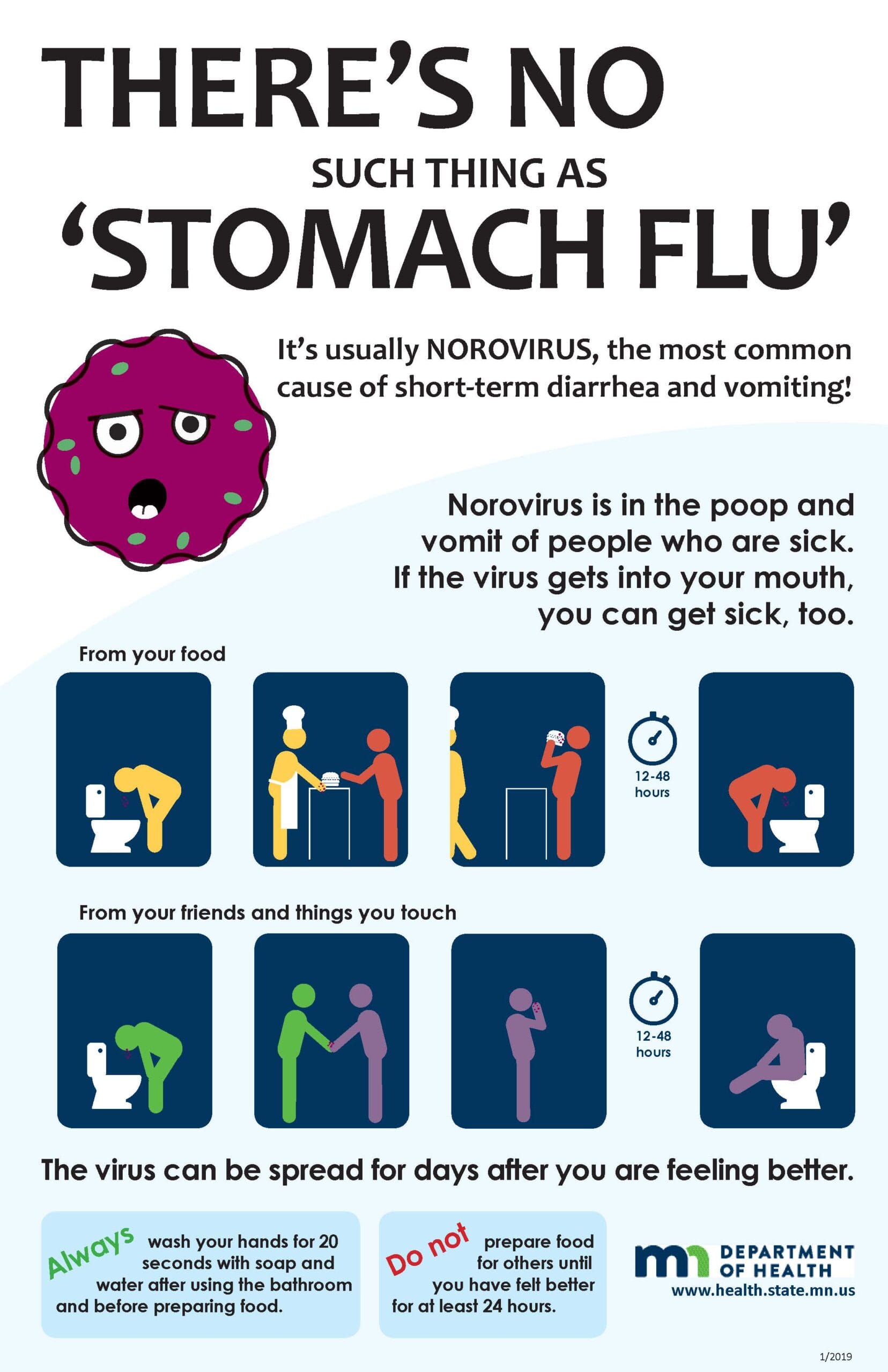The landscape of alcohol consumption in the United States has undergone significant changes in recent years, with a noticeable decline in the amount of alcohol consumed by Americans. This trend has been observed even before the recent remarks made by the Surgeon General regarding the health implications of excessive drinking. The decline in alcohol consumption is multifaceted, influenced by a combination of health awareness, cultural shifts, and the lasting effects of the COVID-19 pandemic.
Data from various health organizations and surveys indicate that Americans have been drinking less alcohol over the past several years. According to the National Institute on Alcohol Abuse and Alcoholism, there has been a gradual decrease in the overall alcohol consumption per capita. This decline is particularly evident among younger adults, who are increasingly opting for non-alcoholic alternatives and prioritizing their health and wellness.
One of the key factors contributing to this decline is the growing awareness of the health risks associated with alcohol consumption. Public health campaigns and educational initiatives have played a significant role in informing individuals about the potential dangers of excessive drinking, including liver disease, addiction, and various forms of cancer. As a result, many Americans are reevaluating their drinking habits and making more informed choices about their alcohol consumption.
Cultural shifts also play a crucial role in this trend. The rise of the wellness movement has led to a greater emphasis on healthy living, with many individuals seeking to improve their physical and mental well-being. This has resulted in a growing interest in non-alcoholic beverages, such as mocktails and alcohol-free beers, which provide social experiences without the negative effects of alcohol. Additionally, the increasing popularity of fitness and mindfulness practices has encouraged individuals to adopt healthier lifestyles, further contributing to the decline in alcohol consumption.
The COVID-19 pandemic has also had a profound impact on drinking habits. During the early months of the pandemic, many individuals turned to alcohol as a coping mechanism to deal with stress and uncertainty. However, as time went on, a significant number of people began to reassess their relationship with alcohol. The isolation and disruption of daily routines prompted many to seek healthier outlets for stress relief, leading to a decrease in alcohol consumption. Furthermore, the pandemic has highlighted the importance of mental health, prompting individuals to prioritize their well-being over social drinking.
In light of these changes, the recent comments made by the Surgeon General regarding alcohol consumption have resonated with many Americans. The Surgeon General’s statements emphasize the importance of understanding the risks associated with drinking and encourage individuals to make informed choices about their alcohol consumption. While these remarks may serve to reinforce the existing trend of reduced alcohol consumption, it is clear that many Americans have already begun to shift their drinking habits in response to a broader cultural and health-conscious movement.
As the conversation around alcohol consumption continues to evolve, it is essential for public health officials, healthcare providers, and community organizations to support individuals in making healthier choices. This includes providing access to resources and information about the risks of alcohol consumption, as well as promoting alternatives that align with a healthier lifestyle. By fostering an environment that encourages responsible drinking and prioritizes health, society can continue to support the ongoing decline in alcohol consumption.
In conclusion, the decline in alcohol consumption among Americans is a noteworthy trend that has been occurring even before the Surgeon General’s recent remarks. This shift reflects a growing awareness of health risks, cultural changes towards wellness, and the lasting effects of the COVID-19 pandemic. As individuals continue to prioritize their health and well-being, it is likely that this trend will persist, leading to a healthier society overall.



